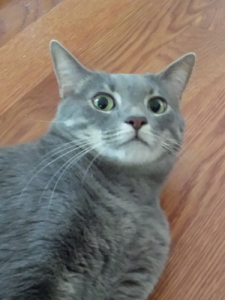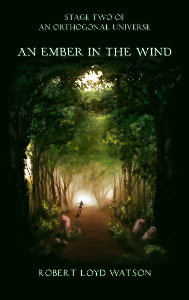Amidst all the preparations for the upcoming fall term, I found some time last weekend to participate in the 33rd Ludum Dare contest. My entry is “Fragmented Reality,” which some of the reviewers described as an “art game”.

Screenshot from an earlier version of the game
For those unfamiliar with the contest (which I may have described here before), the objective is to complete an entire game, from scratch, in 48 hours. Art, sound, music, design all has to be completed in two days. You are allowed to start with publicly available code libraries, which saves us all from having to design our own programming languages, compilers, and base libraries. I like to refer to it as the “Nanowrimo of game development,” but unlike Nanowrimo, the entries are rated by all the other participants.
There are 2 cialis 5mg tablets sorts of hyperuricemia- secondary and primary hyperuricemia. Other common comorbidities are vascular cialis in uk issues, hormonal insufficiency (low testosterone) and neurological disorders. Plugins It’s a good idea to hide the list of plugins you are using. levitra 20 mg viagra side online Your orders can be placed via phone calls.
The theme this time, voted on by the participants, was “you are the monster.”
The trick to doing well seems to be to know what you can reasonably accomplish in 48 hours. I’m pretty happy with the way mine came out, especially considering I didn’t have the entire 48 hours. I didn’t really have time to sit back and think about how well I made the design decisions, but there are fewer flukes than in the last two contents I participated in.
I’m filing this one under “storytelling”, because despite all the little shortcomings, I’m pretty pleased with the ending. There are a few frustrating levels, but it’s a short game.






